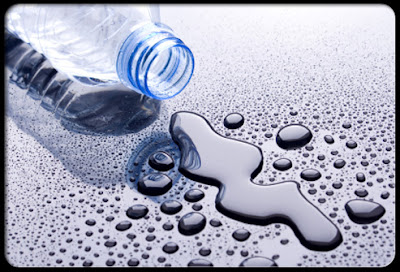Dehydration is a condition that occurs when the loss of body fluids, mostly water, exceeds the amount that is taken in. With dehydration, more water is moving out of our cells and then out of our bodies than the amount of water we take in through drinking.
We lose water every day in the form of water vapor in the breath we exhale and as water in our sweat, urine, and stool. Along with the water, small amounts of salts are also lost.When we lose too much water, our bodies may become out of balance or dehydrated. Severe dehydration can lead to death.
Causes of Dehydration in Adults
Many conditions may cause rapid and continued fluid losses and lead to dehydration:
Fever, heat exposure, and too much exercise
Vomiting, diarrhea, and increased urination due to infection
Diseases such as diabetes
The inability to seek appropriate water and food (as in the case of an infant or disabled person)
An impaired ability to drink (for instance someone in a coma or on a respirator or a sick infant who cannot suck on a bottle)
Significant injuries to skin, such as burns or mouth sores, or severe skin diseases or infections
Symptoms of Dehydration in Adults
The signs and symptoms of dehydration range from minor to severe:
Increased thirst
Dry mouth and swollen tongue
Weakness
Dizziness
Palpitations (feeling that the heart is jumping or pounding)
Confusion
Sluggishness fainting
Fainting
Inability to sweat
Decreased urine output
Take the person to the hospital's emergency department if these situations occur:
Fever higher than 103°F
Confusion
Sluggishness (lethargy)
Headache
Seizures
Difficulty breathing
Chest or abdominal pains
Fainting
No urine in the last 12 hours
Urine color may indicate dehydration. If urine is concentrated and deeply yellow or amber, you may be dehydrated.

